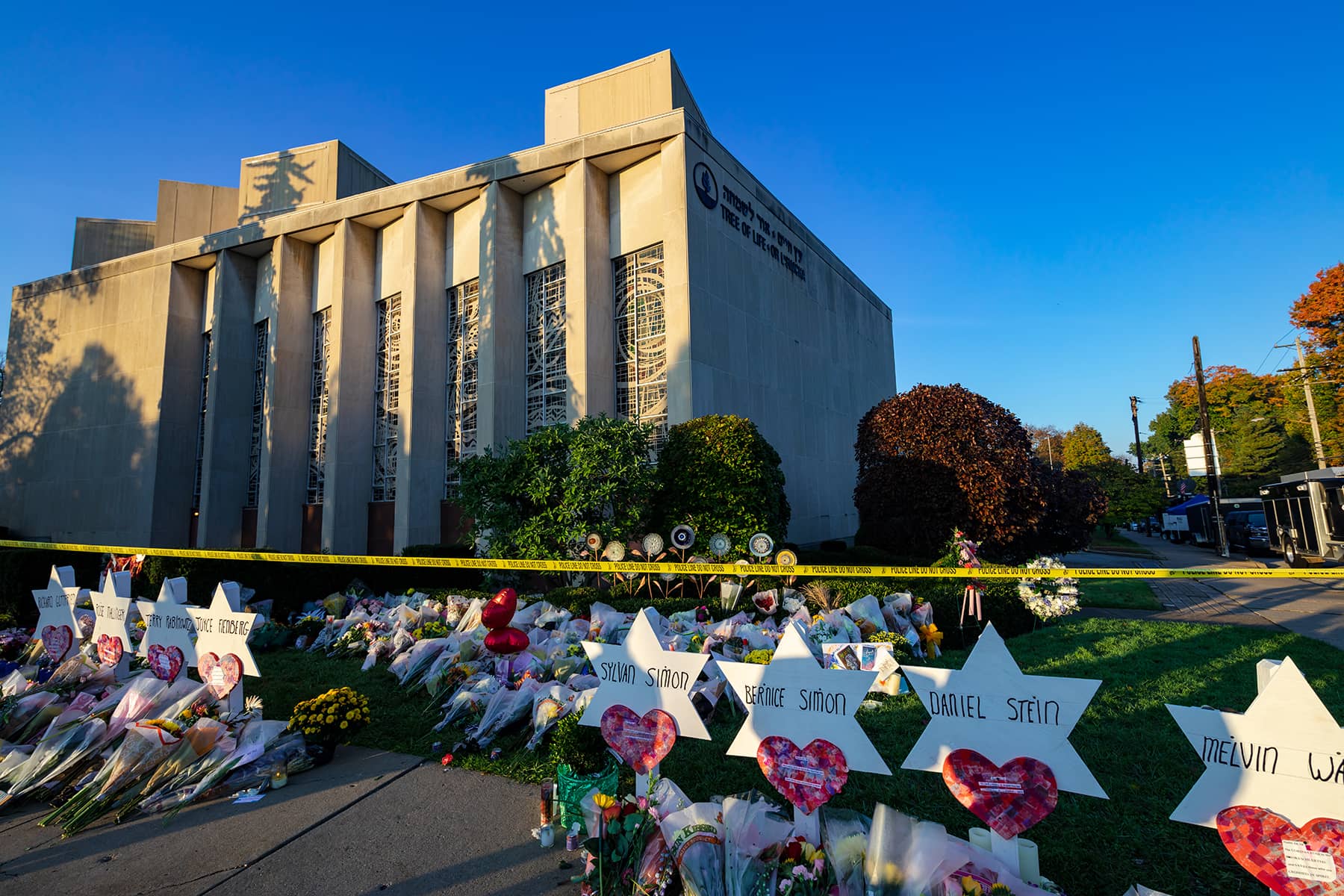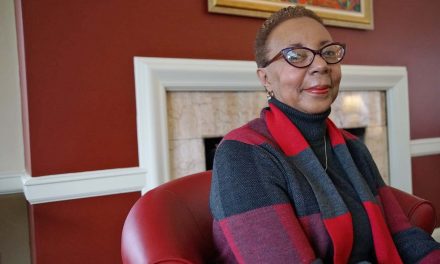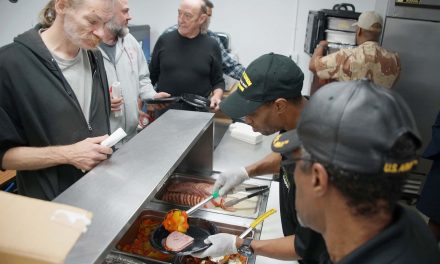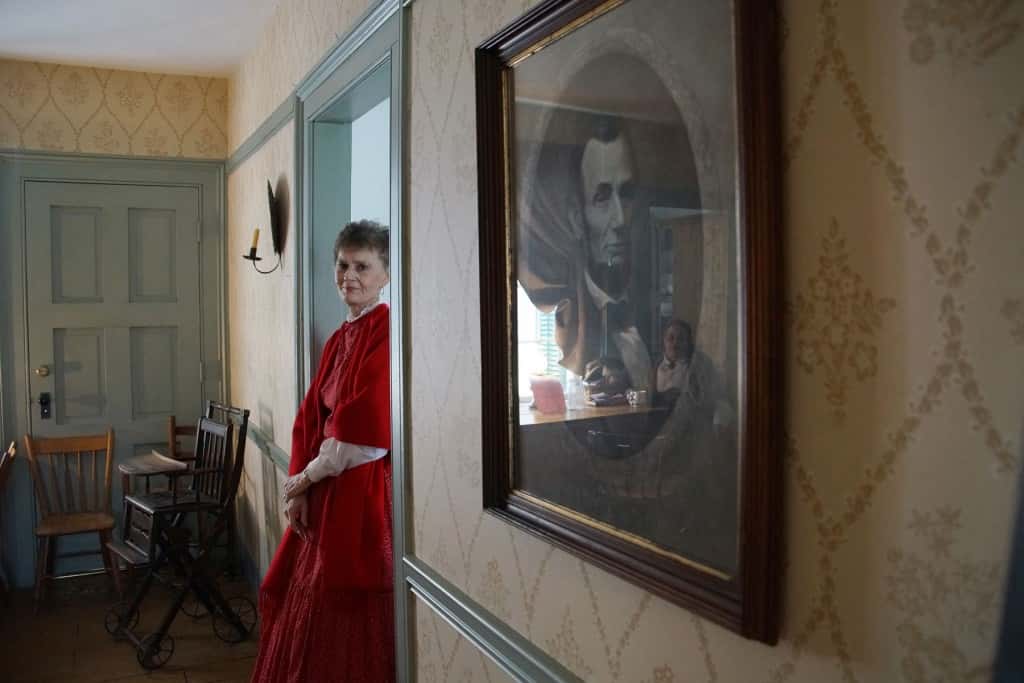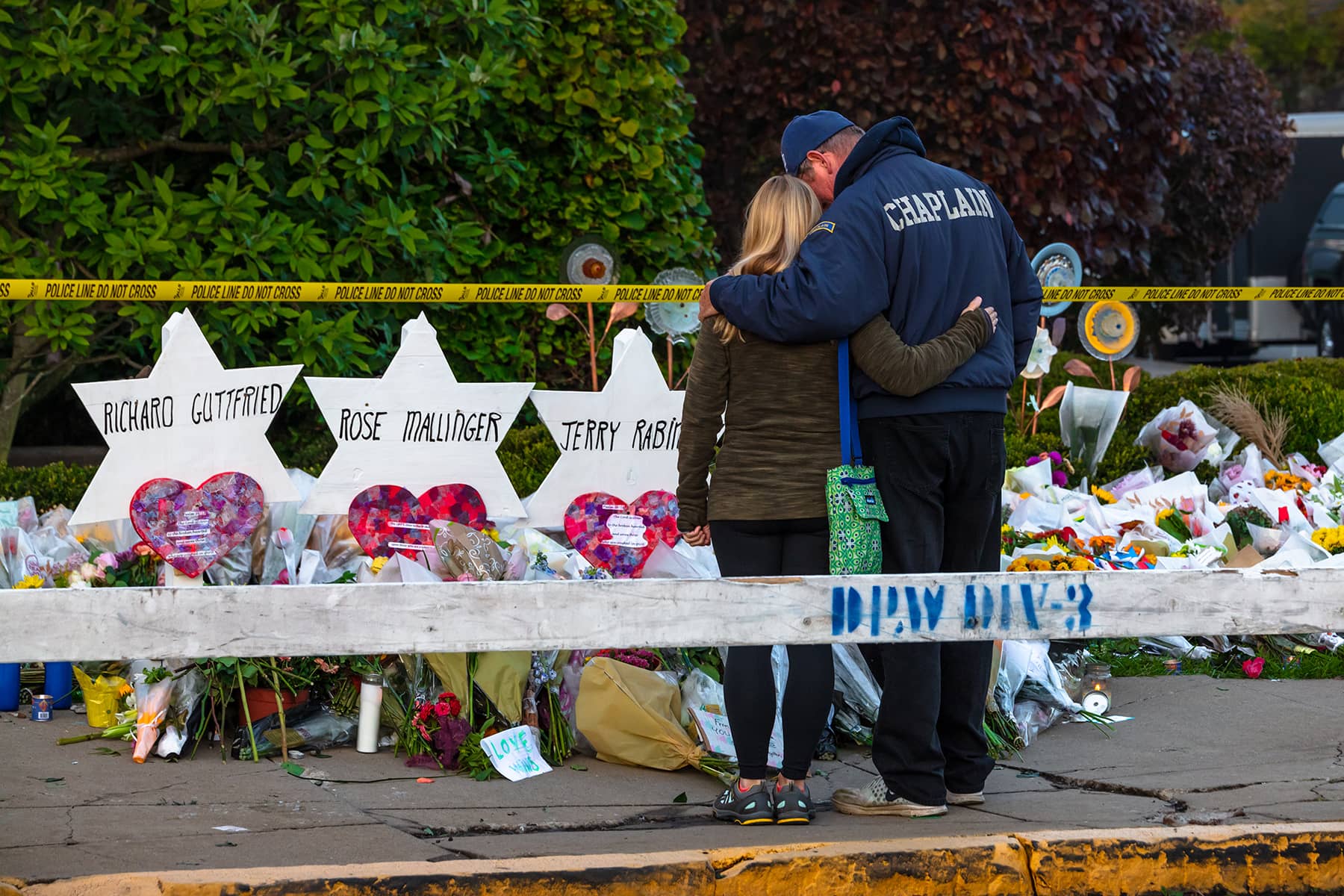
Four years ago, on October 27, 2018, the country and the world saw the traumatic consequences that the spread of antisemitic hate speech can have on a community. Eleven worshipper were killed at the Tree of Life Synagogue, in the deadliest hate crime in history that was committed against American Jews.
The gunman, Robert Bowers, who is still awaiting trial, was radicalized online and proclaimed on his social media that his hatred of Jews stemmed from his anti-immigrant fervor and what he felt was an imminent immigrant invasion caused by Jews in America.
Just the year before this hate crime, White power advocates marched in Charlottesville, Virginia with the chant, “Jews will not replace us,” alluding to the Great Replacement conspiracy theory.
In the four years that have followed the attack at Tree of Life, these antisemitic narratives have become even more commonplace and so has the vitriol aimed at Jews. This was witnessed by the rise of incidents targeting Jews in America.
The latest example of an influencer using their megaphone to express Jewish conspiracy theories is rapper and fashion designer Kanye West, who legally changed his name to Ye in 2021 – after first announcing it in 2018. While this should rightly disgust us and justify our moral indignation, this rhetoric has an especially troubling undertone in the work of hate and violence prevention.
Originally on November 6, 2018, following a deadly 72 Hours in America that saw three hate filled crimes – the killing of 2 African Americans in a Kroger grocery store by a 51 year old man, suspicious packages and bombs sent to liberal media outlets, supporters, and politicians by 56 year old man, and the murder of 11 congregants in this hate crime at Tree of Life, I wrote an essay in the Milwaukee Independent that highlighted the concern of “stochastic terrorism,” the use of mass, public communication, usually against an individual or group which incites or inspires acts of terrorism which are statistically probable but seem to happen at random.
> Read: Stochastic Terrorism: How the politics of spreading fear can lead to deadly violence
Over the years, the understanding of this little known term – but well utilized strategy to incite violence against marginalized groups – has been gaining traction. The difficulty now has become the balancing of First Amendment freedoms with public safety concerns of individuals and groups targeted by these vilifying narratives.
This gap between protecting freedoms and protecting lives was exploited in 2018 to spread paranoid propagandas against women, immigrants, communities of color, Muslims, LGBTQ+ and more. This is the same gap that I fear will ultimately provide justification to the next unhinged person out there who wants to take matters into their own hands and harm others. All because they feel like that targeted individual or group represents a threat to their personal existence.
This is the same gap that Ye is dangerously exploiting as he echos disinformation about the Jewish community, simply because he has deemed an entire population a threat to his own existence. However, the issue now has become that these groupthink narratives of dehumanization have become so common that we are not even talking about public safety anymore. That is, not until someone commits violence and attributes it to something that they heard from an influential voice they trusted.
Now, Ye, a pop icon and influencer has declared “Defcon 3 on Jewish people” and proclaimed his allegiance to the White Power movement with “White Lives Matter” as a fashion statement.
Instead of amplifying Ye’s antisemitism, we should be like the Pittsburgh community. We should remember the lives lost, we should pay our respects by really delving into understanding the Jewish experience with a sense of educational vigor that requires more than just listening to the next influencer share their disgruntled heart.
The holocaust of six million Jews was also a time where stochastic fear was made commonplace and eventually darkened the hearts and souls of people. We are seeing this strategy again. Except now we have weapons of mass destruction in the hands of individuals, along with the media of mass destruction. One hate-filled tweet from an influencer like Ye could easily imperil many lives around the nation.
Again, we should be like Pittsburgh, where neighbors showed up with a massive shield of love and support. White, Black, Muslim, and Christian alike filled sports stadiums, high-school gyms, churches, parks and surrounded synagogues with circles of support and safety. Their message was clear: “we are stronger than hate.”
In the four years that have followed, the Jewish community – including survivors and families of the fallen – have helped lead their city in a quest to counter the hate that caused such a brutal attack on their community. As they worked to heal, instead of folding in the Jewish community reached out, over and over to build bridges and strengthen already woven ties with the rest of the community.
Their city leaders tried to curb gun violence with a ban on the use of assault weapons in the city. They probed at the dangers of hate speech and how to counter it, mindful of the increasingly volatile dynamic between protecting free speech and the rampant spread of lies.
When the attacks on Asians ramped up, the Jewish community reached out to support Asian businesses and community members. Students have planted memorial trees, and participated in teach-ins about antisemitism and racism. The city of Pittsburgh ramped up its welcoming program for immigrants and refugees, and volunteers gathered from across the city to make blankets on a day of service.
When a football player spread antisemitic tropes on his twitter feed, a Black football player with the Pittsburgh Steelers called him out and gathered other athletes from the Pirates and WNBA for “athletes against antisemitism.” These were all things that our team at Not in Our Town has directly witnessed and participated in with the Jewish community of Pittsburgh. None of this is referenced to by influencers like Ye, but this is also why grassroots voices in journalism are so important.
What do we do in the face of hate, when a man with a megaphone calls for “def con 3 on Jewish people?” We must interrupt and stop the spread of these dangerous lies. We must call out the antisemitism and racism the divides us. We must make Milwaukee and other towns more like Pittsburgh in the aftermath of violence … We must be stronger than hate!
Pardeep Kaleka
Co-Director of Not in Our Town and Professor at UW-Milwaukee
Pardeep is the hate and violence prevention senior advisor and co-director of Not In Our Town and a de-radicalization specialist with Parents4Peace. He is also the author of The Gifts of Our Wounds and an award-winning columnist with Milwaukee Independent on addressing community health concerns. As a first-generation immigrant from India, Pardeep has spent more than 25 years in the public arenas of law enforcement, education, social services, interfaith leadership, and assisting hate crime survivors across the United States with recovery. He has also worked on numerous coalition-building efforts across ethnic, racial and religious and ideological differences. In 2012, following the death of his father in the hate killings at the Oak Creek Sikh Temple, he founded Serve2Unite, an organization nationally recognized for bridging school and community groups. With a specialization in understanding the impacts of communal trauma, Pardeep has developed policies and practices to help mental health workers, social service practitioners, law enforcement agents, and educators build healthier, safer, more inclusive communities.
Brеndt А. Pеtеrsеn

